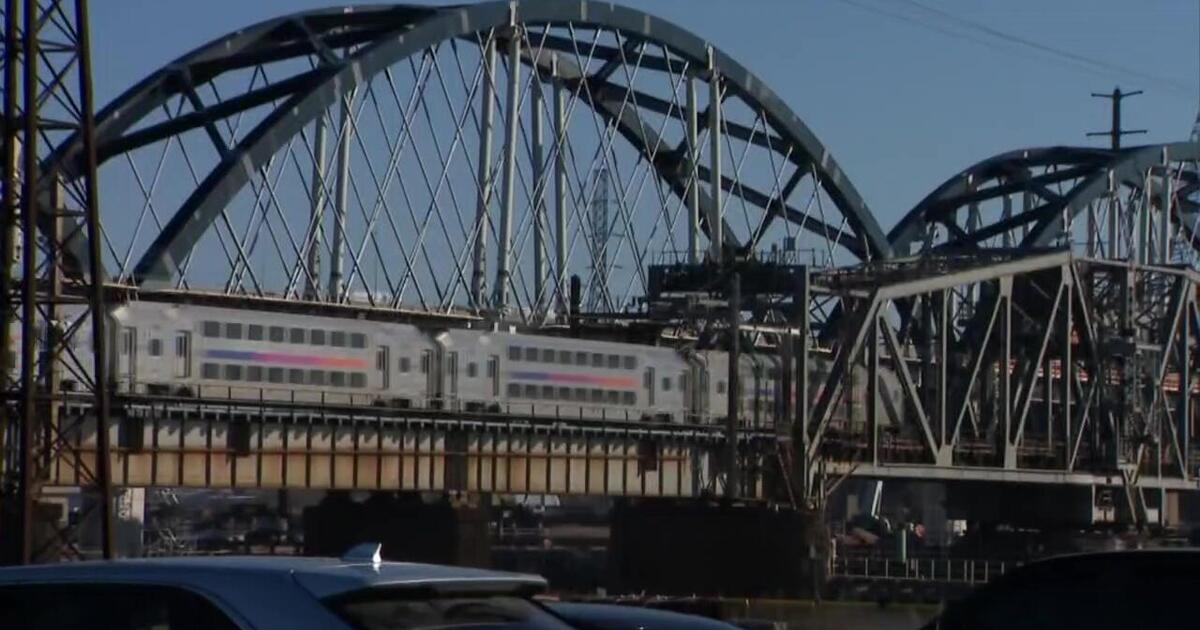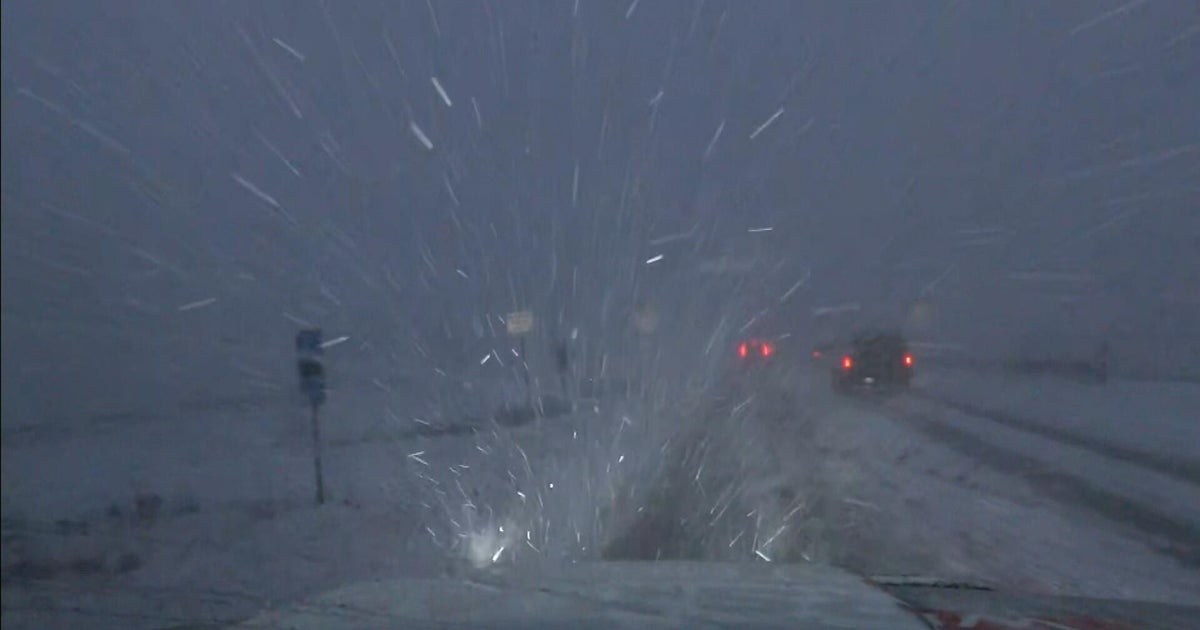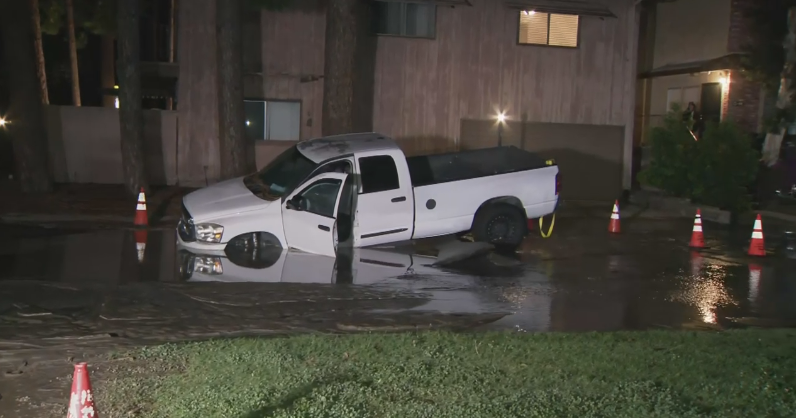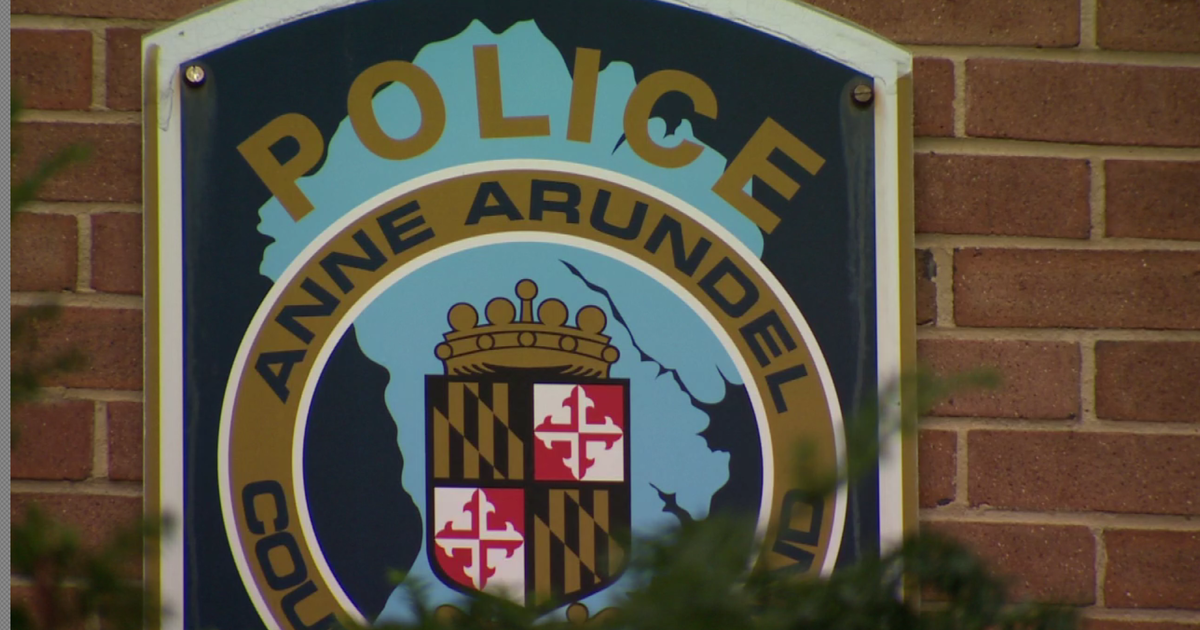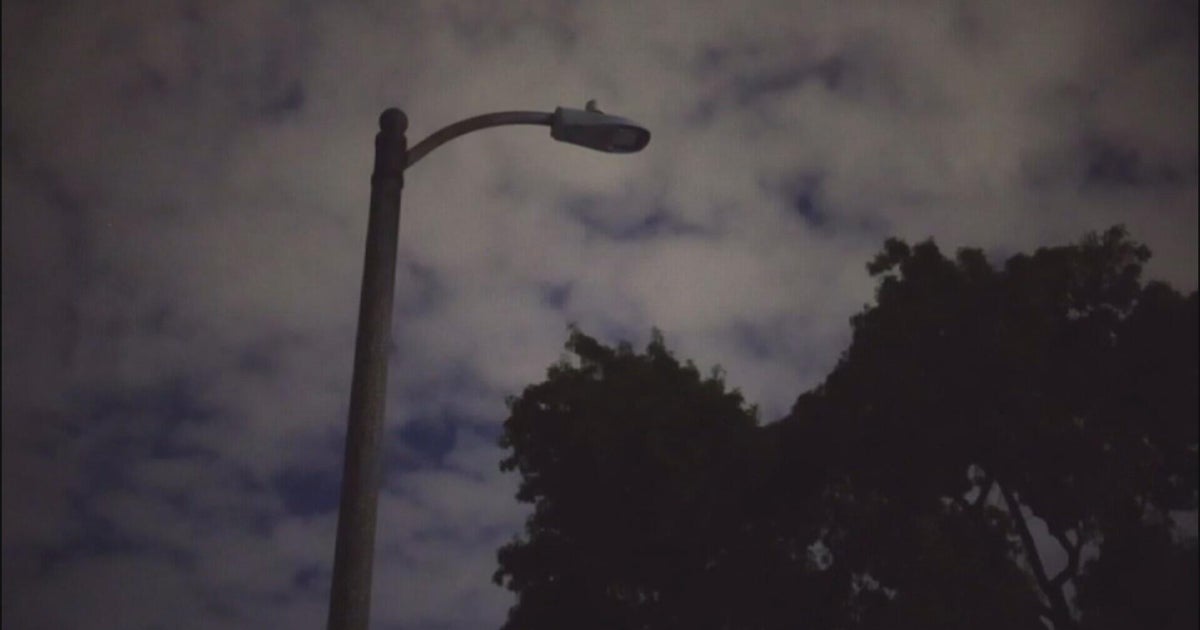FCC wants to know how reliable internet options are for people in Clear Creek County
How would you like better, faster, more reliable internet options near where you live?
If you're like most folks these days, the Internet plays a huge part of your work and personal life. You are reading this over the internet right now. The problem is, some parts of Colorado, specifically mountainous rural areas, do not have the infrastructure needed to provide reliable connectivity due to cost and other factors.
Laying fiber optic cable runs around $50 a foot, but estimates for spots in Clear Creek County (because of possibility to dig into rock/lots of uphill and downhill) are more like $75-$100 a foot according to John Bottomley, who lives just outside the county and has an extensive background in IT.
"Having access to the internet dramatically changed my life," Bottomley said. "Were it not for opportunities growing up in a metropolitan area having parents already in the computer industry... I'd be shoveling snow for a living, I'm not qualified to do much else."
Now, the Federal Communications Commission is asking for your help showing what internet options are available to you, how reliable they are, and how fast they really are--not just what you're told they are.
"I think that the state and federal gov. understand that broadband is a problem and I do feel like timelines are generally a problem for these kinds of things," Patrick O'Fallon with Clear Creek County's IT Department said. "The more info we have the better."
Residents not only in Clear Creek County, but all across Colorado and the country are encouraged to check what internet services are available to them on the FCC's Broadband Map, and then double-check with the providers if that's actually true. If the information listed at a person's address is incorrect, they can submit a challenge directly to the FCC. The more people that participate, the better, and the more accurate the map will be.
"The key thing is they have maps created to assess what is available in certain locations here in the county," O'Fallon said.
Once the FCC feels it has enough information, it will work with states like Colorado to dole out money to those locations in need thanks to the Broadband Equity, Access, and Deployment (BEAD) Program.
The BEAD Program will then provide $42.45 billion to expand high-speed internet access by funding planning, infrastructure deployment and adoption programs across the U.S.
If the need is great enough in certain areas, this can potentially provide funding to help lay more reliable fiber optic cable, instead of relying on wireless technology like cell towers or satellite connections.
"It basically is a medium that transfers information at the speed of light," O'Fallon told CBS News Colorado. "The great thing vs. wireless is it's in the ground and is traveling at the speed of light instead of having to go across the air to an antenna or cellphone service or to a wireless provider."
Rocky landscapes make for spotty reception on wireless transmissions across the mountain corridor, which only puts more importance on the (expensive) dream of one day using fiber optic. Now the county, state, and FCC just need people to click those links above to describe their internet service options and showcase the room for improvement.
"Taking the survey [and checking the map] is huge, the challenge of deploying internet by any mechanism in this part of the country and places like it, the economics are really against us," Bottomley said. "There are no other organizations that are better prepared to meet those economic challenges than federal and state government."
Clear Creek County is also interested in connectivity issues with the internet from their residents as they try to gather more information. Once the money goes to states, Clear Creek County can then share this information with the state in hopes of getting money to the places and people that need it the most. They've asked us to share the email address "Internet@clearcreekcounty.us" for stories of connection issues from residents.
Click here to see a video demo of how to challenge the FCC's Broadband Map.
Click here to see a video demo of how to challenge the FCC's Mobile Coverage.
Click here to take Colorado's internet survey.


